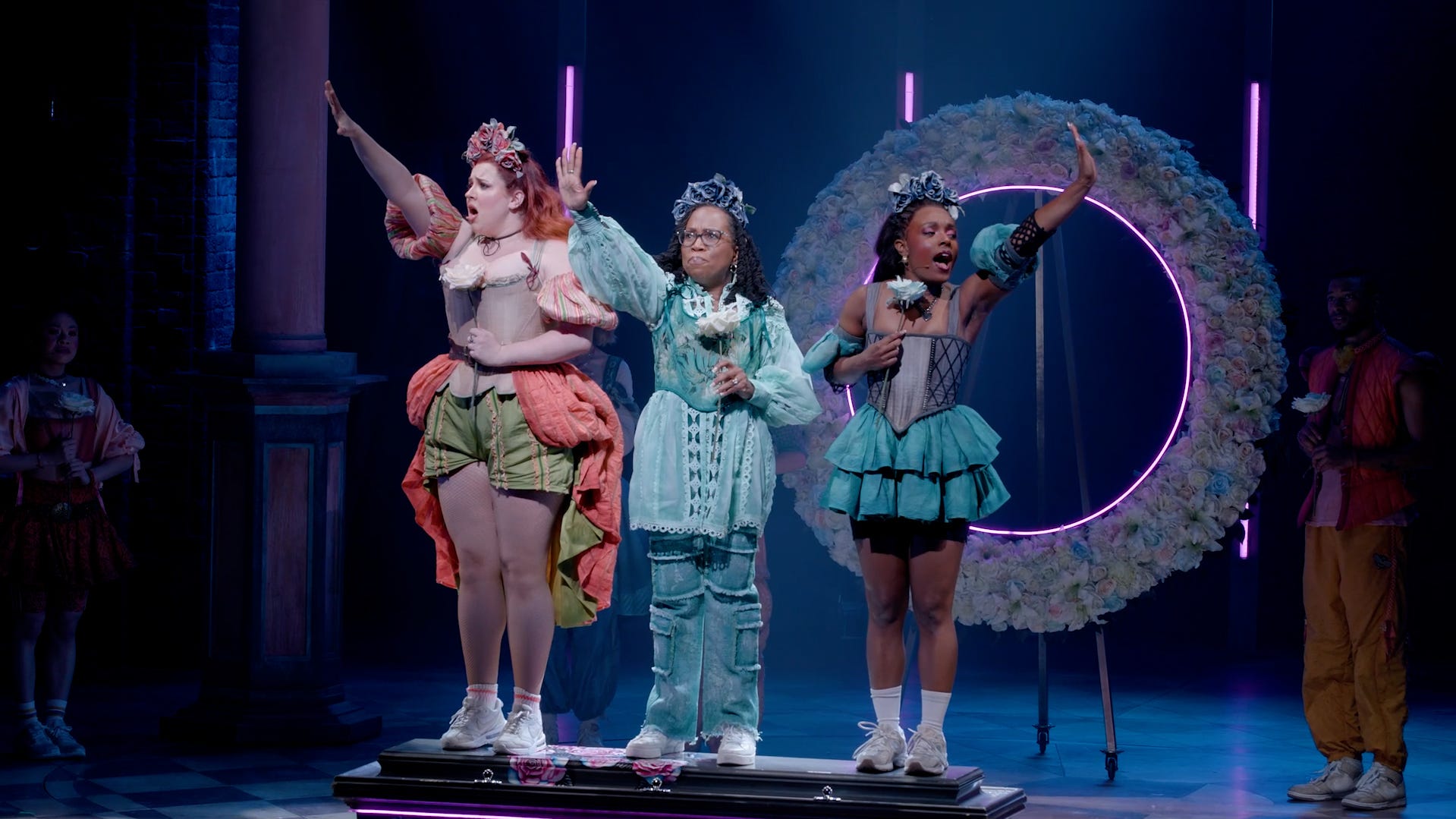Cruel and unusual? Supreme Court declines to review Mississippi voting ban for convicted felons
Mississippi is one of eleven states that doesn't automatically restore voting rights after convicted felons finish their sentences.

WASHINGTON − The Supreme Court declined Monday to decide whether a permanent voting ban on people convicted of felonies in Mississippi is cruel and unusual punishment.
The court, in 2023, had also rejected a different challenge to the state’s voting restriction that was based on the fact it was drafted in 1890 as part of a racist effort to disenfranchise Black voters.
Mississippi is one of eleven states that doesn't automatically restore voting rights after convicted felons finish their sentences.
Voting rights experts say Mississippi’s restrictions are among the harshest because the state bans voting by first-time offenders who commit non-violent felonies. And the process for restoring the right is onerous.
The criminal justice advocates who brought the challenge on behalf of Mississippians who have lost voting rights – including a man who bought a stolen appliance decades ago − said the ban is punishing tens of thousands of residents who have completed their sentences.
A divided U.S. Court of Appeals for the 5th Circuit last year dismissed the challenge, pointing to a 1974 Supreme Court decision that the Constitution’s equal protection clause does not prevent states from banning felons from voting. The appeals court said that previous decision means those opposed to Mississippi’s ban must “do the hard work of persuading your fellow citizens that the law should change.”
The majority also said felon disenfranchisement is "not a punishment, much less cruel or unusual."
The appeals court judges who dissented said there’s now a national consensus among a large majority of states that permanent disenfranchisement of those who have completed their sentences is an exceptionally severe punishment.
“These individuals, despite having satisfied their debt to society, are precluded from ever fully participating in civic life,” Judge James Dennis wrote. “To be sure, they are excluded from the most essential feature and expression of citizenship in a democracy − voting.”
Since 1974, twenty-six states have expanded voting rights for those with past felony convictions, according to filings.
A Mississippian can regain the right to vote through a pardon from the governor or if two-thirds of the state legislature approves the request, which rarely happens.
The voting restrictions were included in the state’s constitution after an 1890 convention in which delegates eliminated the right to vote for people convicted of felonies thought to be "Black crimes," a perception based largely on which crimes were prosecuted.
The issue in the previous challenge the Supreme Court declined to consider was whether the “taint” of a Jim Crow-era law could be “cured” by later amendments that removed burglary from the list of crimes and added murder and rape.
This time, the issue was whether the restrictions violate the Eighth Amendment’s ban on cruel and unusual punishments, and whether the Supreme Court’s 1974 decision prevents a challenge.